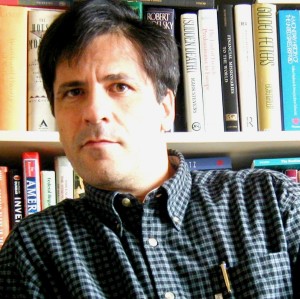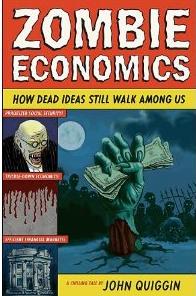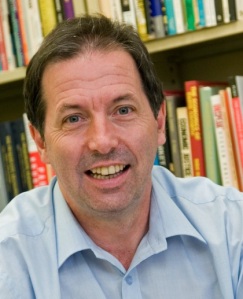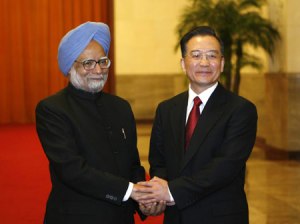(This column was published in DNA edition dated January 15, 2011.)
Venky Vembu
The news that international coffee chain Starbucks is brewing plans to enter India through a tie-up with Tata Coffee leaves me, a confirmed caffeine junkie, considerably underwhelmed. That’s only because back where I come from, the sun isn’t deemed to have risen for the day unless a steaming hot tumblerful of frothy filter coffee – or, more appropriately, kaapi – has been ingested in just the right way.
The morning coffee routine is something of a ritual, with a protocol for cooling the coffee to just the right ‘imbibable’ temperature by tossing it around from receptacle to receptacle and then carefully pouring it down the hatch without the tumbler making physical contact with one’s ritually polluting mouth.
Tossing the coffee around in this fashion is a form of high art, and restaurants and coffeehouses in Chennai go the whole nine yards to enrich the coffee-drinking experience with what’s called the ‘metre coffee’. The ‘metre coffee’ derives its name from the fact that the skilled bearer can actually ‘stretch’ the ‘tossed’ coffee up to a metre or two (and even manage a commentary on the DMK’s electoral prospects). It’s sort of like a showman bartender at work, only more flamboyant. More adventurous bearers have been known to toss the coffee behind their back. All this is not just for effect: tossing the coffee around whips up an even mix of frothy coffee at just the right temperature.
According to folklore, the caffeinated pleasures of the coffee were brought unto this world when an Ethiopian goatherd noticed that his herd became extraordinarily frisky after eating a certain berry. Given its roots in Arabic culture, the coffee found itself at the centre of a religious war in the 16th century: Christian priests wanted the ‘Muslim drink’ banned because it was breeding a curious addiction among their flock. But Pope Clement VIII, after a sip of the “Satan’s drink”, pronounced it so delicious “that it would be a pity to let the infidels have exclusive use of it.” He then ordained that the coffee be “baptised” and made a “truly Christian beverage” so as to “fool Satan”.
In the 17th century, the coffee, to which Europeans had taken a fondness, was the focus of numerous pseudoscientific studies; some attributed miraculous healing powers to it, while others asserted that it caused paralysis and impotence. One Parisian doctor, who had evidently ingested the coffee through alternative orifices, prescribed “coffee enemas” to “sweeten” the lower bowel and impart a glow to one’s complexion.
It’s famously said of Starbucks that it can serve a cup of coffee in more than 19,000 ways using five kinds of milk. As a card-carrying member of the kaapi club, I’m underwhelmed by such statistics. But being fair-minded, I’m willing to make a concession: if they can rebrand themselves, by perhaps offering a Star-kaapi, I just might savour a cuppa…







